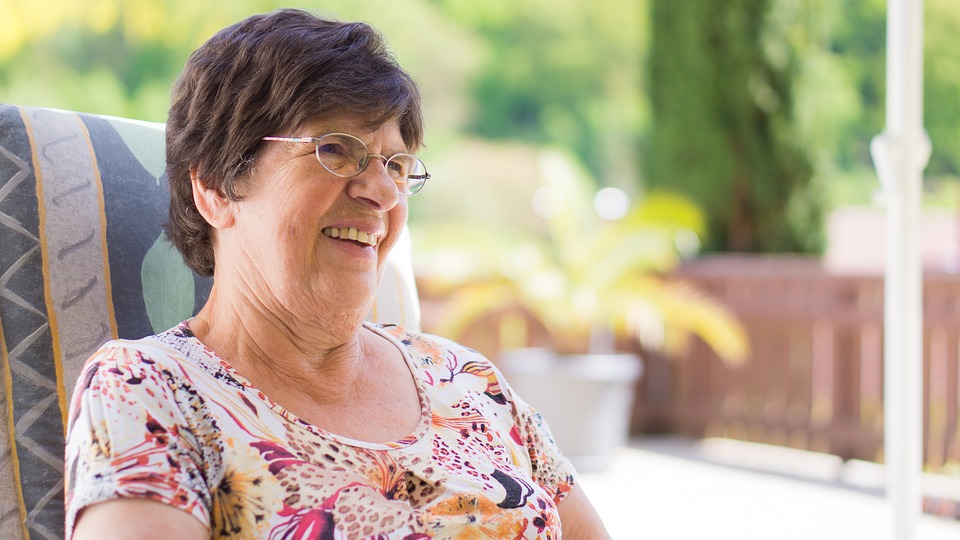Your Questions Answered: “I sometimes worry that what we’re doing isn’t making residents happy, but just occupying their time. How can I measure happiness?”
Helen Johns, the lead trainer on our Activity Coordinator Training Course, writes…
“It’s not what you do…it’s how you make me feel.” I came across these words quite a while ago and it struck me that this is a great way to measure our work, and its impact on the people we care for.
Activity coordinators often worry about whether they are doing enough to help residents, and I think these words can bring us back to what we do, why we do it and how important it is to focus on the feelings side of providing activity. Also, when we talk about a whole-home approach to activity, care staff often wonder that they don’t have time to plan, prepare, set up and carry out a structured activity, and feel they are falling short. However, if we take that sentence literally, it doesn’t necessarily matter what the fine detail is in what we do, it is more about the feeling that is generated ‘in the doing’.
Of course, we need to ensure that any activity is meaningful to the person. However, meaningful activity by its very definition, will indicate different things to different people in care settings. We will explore what makes activity meaningful in the next article, but in summary – for some, it will mean entertainment and leisure pursuits, for others it will mean occupation and productivity, and for another group, it will include a mix of the two.

How do we know what is making people happy?
I think we can all agree that we want people to feel positive emotions such as happiness, contentment, or amusement. But we also want to help people feel a range of other positive emotions, such as pride, excitement, hopefulness, confidence, enthusiasm, energy, and of course, love. These words suggest to me that not only are people happy in the moment, but they also mean that people are supported to retain a sense of self and their place in the world.
Conversely, we also know the negative emotions that we want to avoid and by supporting people to be meaningfully occupied (to the degree they want to be), and steering clear of doing things that will generate the negative emotions, we can make such a difference to how people feel.
So, of course, I would encourage you as activity coordinators to keep focusing on the things that make people happy, and to keep considering the different ways this might present itself – from laughter, inspiration, creativity and renewed energy, to a sense of pride, a new-found friendship, peace, contentment and confidence. You must continue to provide the great, innovative, range of different activities that meet the needs of individual residents and groups in your home, just as you have always done. And, I also encourage care staff to do the small things that make such a big difference – from simply taking the time to sit with someone and share a quiet moment, to looking at a magazine together or tidying up playing cards, the small things are so important. Whatever you do, always consider “how does this make the person feel”?
Helen Johns is the lead trainer for The Daily Sparkle Activity Coordinator Training and has been developing and delivering our courses since April 2017. As well as working for The Daily Sparkle, Helen runs an activity coordinator forum in her local area, provides training and consultancy for care homes in relation to activity and wellbeing and works as an ‘Expert by Experience’ for CQC inspections. You can find details of all upcoming our training courses here.




